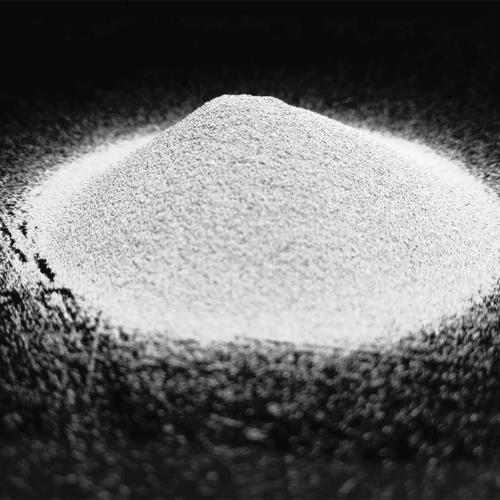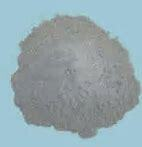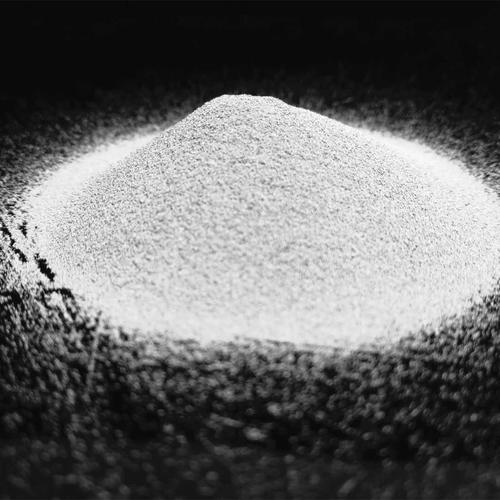1. Introduction
Just 24 hours ago, industry analysts at Roskill reported a 7% quarter-over-quarter increase in global demand for spherical titanium powder—primarily driven by aerospace and medical additive manufacturing sectors. This surge underscores the critical need for buyers and engineers to understand the nuances between different titanium powder types before making purchasing decisions.

Whether you’re looking to buy titanium powder for 3D printing, explore titanium powder uses in coatings, or compare titanium powder price per kg against alternatives like molybdenum powder or tungsten powder, this guide breaks down everything you need to know.
2. Understanding Titanium Powder Variants
2.1 Pure Titanium Powder vs. Titanium Alloy Powder
Pure titanium powder offers excellent corrosion resistance and biocompatibility but lacks the strength required for high-stress applications. In contrast, titanium alloy powder—especially Ti6Al4V powder (also known as Ti64 powder)—combines aluminum and vanadium to deliver superior mechanical properties. Ti6Al4V powder is the go-to choice for aerospace components and orthopedic implants.
2.2 Specialty Titanium-Based Powders
Beyond metallic forms, several functional ceramic powders derive from titanium:
- Titanium nitride powder: Used for hard coatings due to its gold-like appearance and extreme hardness.
- Titanium carbide powder and titanium diboride powder (TiB2 powder): Employed in cutting tools and wear-resistant composites.
- TiO2 nano powder: Common in sunscreens, paints, and photocatalysts—not to be confused with conductive or structural titanium metal powder.
Note: Titanium flash powder and burnt titanium powder coat are pyrotechnic or surface treatment terms, not standard industrial materials.
3. Production Methods: How Titanium Powder Is Made

3.1 Gas Atomized Titanium Powder
Gas atomization produces spherical titanium powder ideal for titanium powder additive manufacturing. The spherical morphology ensures excellent flowability and packing density—critical for consistent layer deposition in 3D printing. However, this method is energy-intensive, contributing to higher titanium powder price per kg.
3.2 HDH Titanium Powder
Hydride-Dehydride (HDH) titanium powder is angular and irregular, making it less suitable for 3D printing but cost-effective for pressing-and-sintering applications like filters or porous implants. HDH powder is generally cheaper than gas-atomized equivalents, affecting overall titanium powder cost calculations.
Other forms like TiH2 powder (titanium hydride) serve as precursors in powder metallurgy but require careful handling due to hydrogen release during processing.
4. Titanium Powder for 3D Printing: What You Need to Know
When sourcing titanium 3d printing powder, prioritize spherical titanium powder with controlled particle size distribution (typically 15–45 µm). Ti6Al4V powder dominates this segment, and its price—often cited as titanium powder for 3d printing price or ti6al4v powder price—ranges from $300 to $600 per kg depending on purity, morphology, and supplier.
Reputable titanium powder suppliers like AP&C (now part of GE Additive) or TLS Technik specialize in high-quality, certified batches. Always verify oxygen content (<0.13%) and flow characteristics before purchase.

5. Pricing Trends and Market Comparison
Titanium powder price fluctuates based on grade, form, and volume. Pure titanium powder may cost $150–$300/kg, while aerospace-grade Ti64 powder commands a premium. Compare this to other refractory metal powders:
- Molybdenum powder price: ~$50–$120/kg; used in high-temp furnaces and alloys.
- Tungsten powder price per kg: ~$40–$100/kg; valued for density and radiation shielding.
While titanium metal powder price is higher, its strength-to-weight ratio justifies the cost in performance-critical applications.
6. Safety, Handling, and Misconceptions
Titanium dust can be flammable under fine dispersion—store away from ignition sources. Unlike titanium dioxide powder (TiO2 powder), which is widely used in food and cosmetics, titanium metal powder is reactive and not intended for consumer use.
Also, titanium cannot be powder coated like steel; instead, it’s often anodized or plasma-sprayed. Don’t confuse titanium-coated diamond powder (used in abrasives) with bulk titanium powder for sale.
7. Where to Buy and Final Considerations
To buy titanium powder, work with certified international titanium powder suppliers who provide material test reports (MTRs). Whether you need titanium nanopowder for research or high-density tungsten powder for counterweights, always match the powder specification to your application.
8. Conclusion
Choosing the right titanium powder hinges on understanding your application’s mechanical, thermal, and economic requirements. From gas-atomized Ti64 powder for life-saving implants to cost-effective HDH powder for filtration, each variant serves a distinct purpose. As additive manufacturing grows, so does the importance of selecting high-quality, application-specific titanium powder—making informed decisions more valuable than ever.
Our Website founded on October 17, 2012, is a high-tech enterprise committed to the research and development, production, processing, sales and technical services of ceramic relative materials such as Compare. Our products includes but not limited to Boron Carbide Ceramic Products, Boron Nitride Ceramic Products, Silicon Carbide Ceramic Products, Silicon Nitride Ceramic Products, Zirconium Dioxide Ceramic Products, etc. If you are interested, please feel free to contact us.
